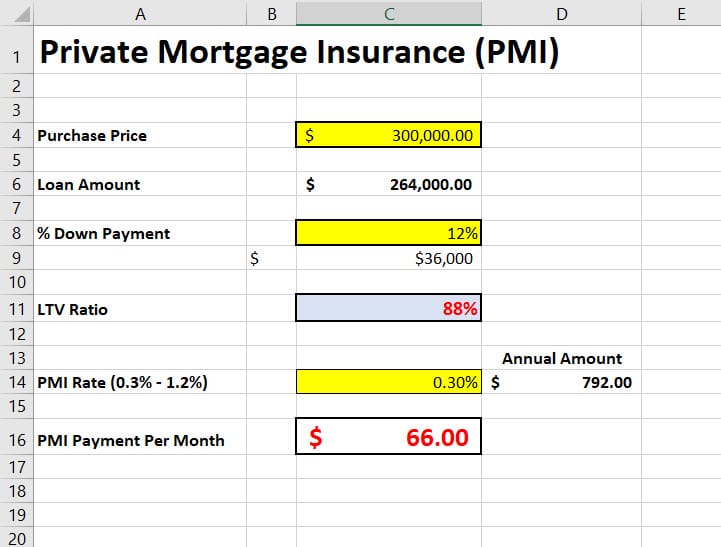The insurance coverage market is insurance representatives offering items on behalf of insurance provider. Representatives get paid a commission by the insurance coverage company to offer their products. Some representatives work as brokers, others operate in a group setting or are captive (devoted to one insurance company). To sell insurance of any kind there are normally two requirements. A base pay. Commission. A reward or bonus offer. All 3 of these payment approaches define how insurance representatives make money. However, which payment methods apply depend upon: Agent typeExperienceLocation Insurance coverage representatives are paid in a different way depending on if they are captive or independent. Here's how to discriminate between the 2: This kind of representative works solely for one specific insurer.
They get leads from the company and represent the products it offers. This type of agent provides items from various insurance coverage companies. They do not have an allegiance to any one insurer and usually work in their own office or as part of an independent company. But they do get in into a contract that gives them binding authority to offer insurance coverage on the behalf of various insurance provider.
Independent agents can grow their book of company much faster than captive agents due to the fact that they are more taken part in their community and offer more personalized service. They can frequently make greater commissions but receive little to no base salary. With both kinds of insurance representatives, the individual representative acts as a liaison between the customer and the insurance provider.
The payment structure of an insurance agent is influenced by where they work. Those who work as a sales agent for one insurance business, representing only that insurance company's items, generally make money in one of 3 ways: Salary onlySalary plus commissionSalary, commission and reward Representatives who work for an independent insurance coverage firm offering items from chosen business normally make a little wage and commissions, OR a salary plus a reward if the company meets its goals.

The 2017 typical yearly wage for an insurance representative is $49,710 and the hourly wage is $23. 90 per hour, according to the U.S. Department of Labor's Bureau of Labor Stats, New agents earn less than $27,180, while those with years in business can make upwards of $125,190. Along with a base pay, captive representatives also receive an employer-sponsored advantages plan, along with supporting staff, workplace equipment, marketing and advertising efforts.
An agent's base commission depends several aspects like: The line of insuranceThe variety of new policies soldThe number of renewing policiesThe commission structure, if any, of the insurance provider or company Captive representatives generally earn a 5% to 10% commission for each auto and house insurance coverage they offer. Each time the policy renews, they receive a recurring commission, which is generally less than the preliminary commission.
Independent representatives make more in commission than captive agents since they either get no base pay or an extremely little one. According to the Independent Insurance Agents & Brokers of America, Inc. (IIABA), independent agents generally earn the following series of commissions on these policy http://cashbcph502.wpsuo.com/how-do-insurance-companies-make-money-things-to-know-before-you-buy types: Between 8% and 15% of a brand-new policy's first year premium and between 2% and 15% at the policy's renewal.
Not known Facts About How To Be A Good Life Insurance Agent
Since life and health insurance commissions are front-loaded, agents generally don't receive a commission after the third policy renewal. Sometimes, hostage and independent agents might earn contingent commissions, which are incentive-based. Insurer or agencies might set particular goals for accomplishing contingent commissions, such as: Reaching a specific volume of businessPolicy retentionGrowing a specific line of insuranceOverall profitability In general, no matter the kind of representative, the higher an agent's book of company, the more commissions he or she makes.
Most U.S. states have disclosure laws that need representatives and brokers to offer this information. Some insurance agents may get quarterly, semiannual, or year-end perks based upon their sales performance. For captive agents, efficiency rewards can include up to 20% or more of their earnings. Independent agents usually do not receive efficiency bonus offers unless they work for an independent insurance coverage company that uses such opportunities.
Experience matters when it concerns how much insurance coverage agents can make. For both captive and independent insurance agents, the more years working as an agent, the more consumers they acquire and the more strong their track record becomes as a trusted representative. This relationship building translates into new organization and continued renewals, increasing a representative's commission from year to year.
Insurance coverage rates are figured out by an area's expense of living, how numerous accidents happen, the general health of its residents, the criminal activity rate and other statistics. For representatives, place can affect insurance coverage sales due to the fact that: The cost of insurance is so high that numerous homeowners would go without it. People are leaving the location due to a high expense of living.
There are more representatives in the market than potential clients. There is greater competitors in the location. Citizens tend to go shopping more online than in your area. The expense of insurance coverage is high, so agents can earn more commission. The expense of insurance coverage is low, so agents don't make as much commission.
So, what representative services are consumers getting for their cash? A representative knows all the ins and outs of the insurance coverage products he or she is offering (what do the letters clu stand for in relation to an insurance agent?). They use this knowledge to assist consumers select the very best policy to satisfy their requirements and budget - how long does it take to become an insurance agent. Insurance agents are needed to be licensed in each state in which they work.

Some insurance agents have expanded their knowledge of insurance by completing courses and passing test requirements for insurance designations. Among the leading classifications are: Licensed Insurance Coverage Therapist (CIC) Chartered Life Underwriter (CLU) Chartered Property Casualty Underwriter (CPCU) Commercial Lines Coverage Specialist (CLCS) Accredited Advisor in Insurance (AAI) Partner in General Insurance Coverage (AINS) Accredited Customer Care Agent (ACSR) Personal Lines Protection Expert (PLCS) Associate in Insurance Coverage Services (AIS) Health Care Compliance Expert (HCP) Group Advantages Partner (GBA) Fellow, Medical Insurance Advanced Research Studies (FHIAS) Qualified Financial Planner (CFP) Financial Services Licensed Expert (FSCP) You'll see one or more of these classifications after the insurance agent's name.
Examine This Report about How Do I Become An Independent Insurance Agent
For customers looking for an insurance representative, knowing the payment structure of your representative supplies transparency and helps develop trust. Weigh this details with the agent's professionalism and proficiency to develop a relying on relationship.